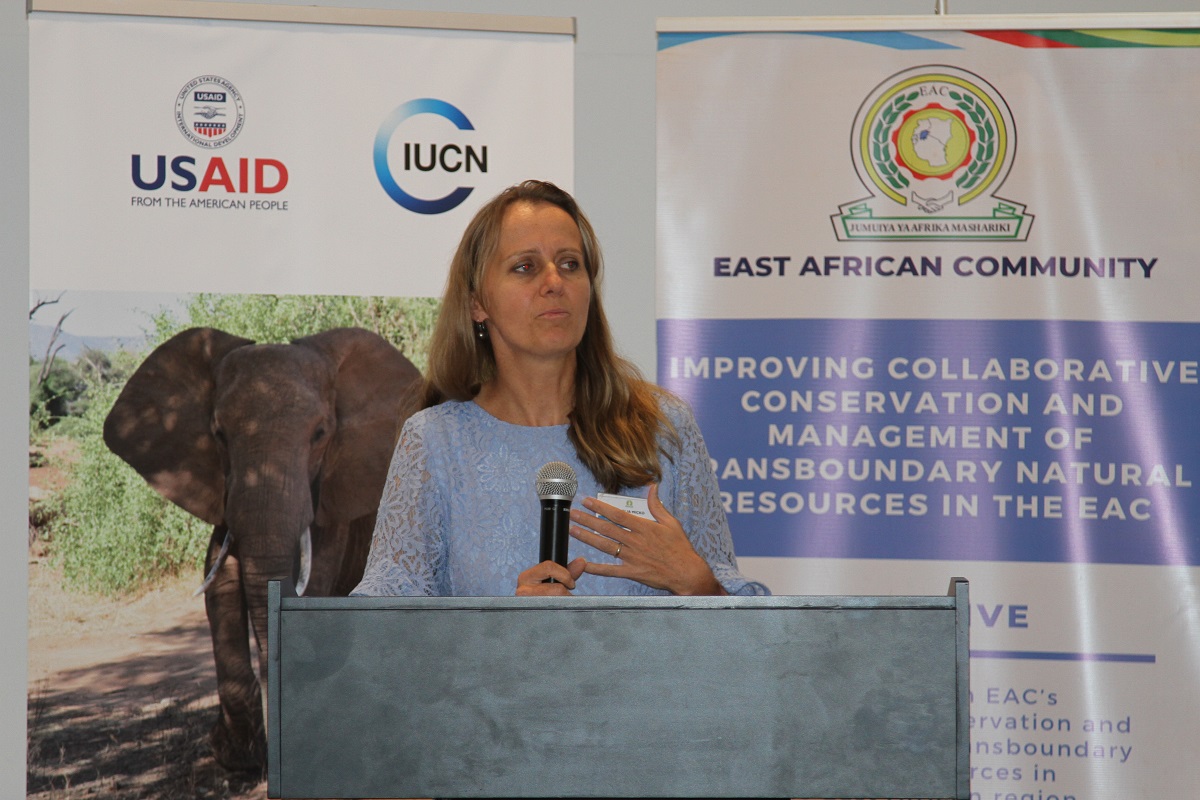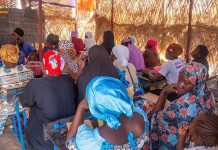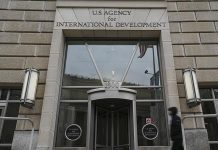THE United States Government, through the US Agency for International Development (USAID) has rallied with East Africa Community (EAC) partner States to safeguard wild animals against poachers as well as the landscape.
That was said here yesterday by USAID Kenya and East Africa Environment Office Director, Ms Aurelia Micko, adding that success of the programme dubbed ‘Conservation and Management of Natural Capital in East Africa’ would mean improved collaborative management and conservation of the trans-boundary natural resources, reduced wildlife poaching, trafficking, and increased citizens’ perception on the value of living with wildlife harmoniously in their communities.
She further said that EA of vast attractive landscapes, warm weather, and the big five – buffalo, elephant leopard, lion and rhinoceros animals, which attract tourists, and hence must be protected.
Historically, EAC is widely known as the place where human life first began and thus worth preservation for researches and related studies.
Earlier, launching the same initiative in Nairobi, Kenya recently, she said: “Effective conservation and management of natural capital in the East African Community is crucial for the region’s long-term economic growth and development.”
With reduced poaching in the bloc, and good infrastructure, tourists have been visiting the countries to watch the animals and contribute about 7.5- 10 per cent to the EAC’s domestic revenue, which in turn have encouraged the governments to further protect them.
Reached for a comment, the EAC Deputy Secretary General (Productive and Social Sectors), Mr Christophe Bazivamo noted that the bloc would lead the programme implementation with support from the USAID and the International Union for Conservation of Nature (IUCN) – a member of the Union formed by the governments and Civil Society Organisations (CSOs).
IUCN harnesses experience, resources and reach more than 1,300 member organisations flanked by a pool of more than 15,000 experts.
The diversity and vast expertise make it a force to reckon with in the globe and an authority on the status of the natural world, hence trusted to safeguard it.
In safeguarding the wildlife, there have been various approaches including ‘WILD mobile app’ that allows Game Rangers in 10 conservation units in Kenya and Tanzania to collect and share data on wildlife sightings, poaching, and human rivalry with them.
Taking the stance to protect the wild games in EAC, the USAID has also been partnering with the US Department of Interior to coordinate efforts, which address wildlife trafficking, by providing expertise and training on wildlife protection.
Equally, it has been facilitating collaboration between the countries to manage, and share natural resources, which support livelihoods of millions of people in the region.
That was after realisation that poaching of wildlife and trafficking was taking a sophisticated direction in the globe and required a joint encounter.
In response according to the USAID initiated support, the approach would develop a regional strategy to combat wildlife trafficking, harmonise control and adopt common effective policies, and laws, which ensure sustainable conservations.
Under the EAC Treaty, in particular Chapters 19 and 20, the bloc’s partner States agree, among other things to take concerted measures to foster co-operation, and efficiently manage resources within it for their mutual benefits.
To reinforce this, Tanzania on its part has successfully tamed poaching by enacting stiff penalties and engaging use of paramilitary personnel to monitor the parks.







